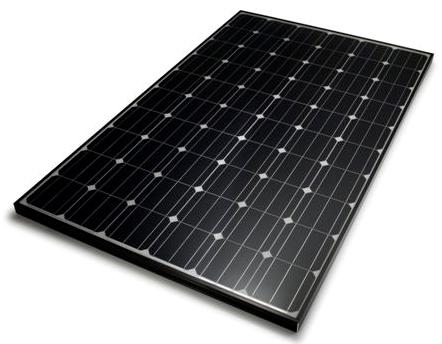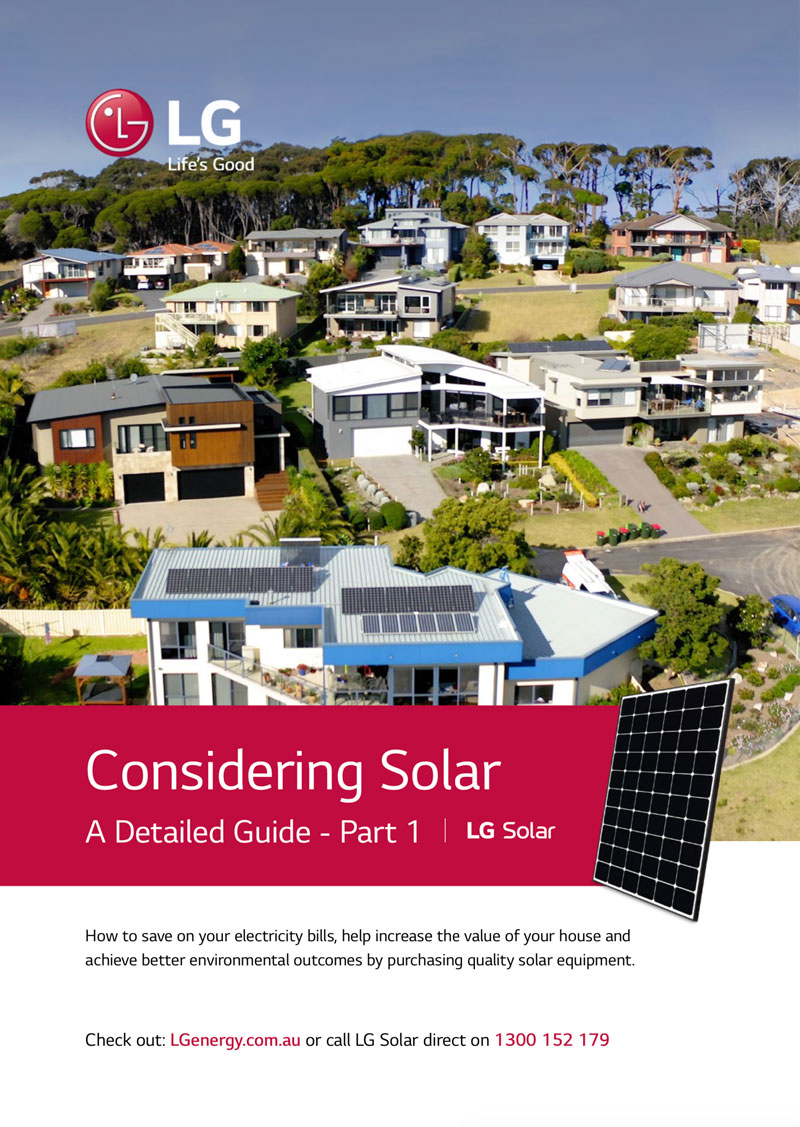What is PID (Potential Induced Degradation)?

PID is an undesirable effect on of some solar modules. The factors that can cause PID include voltage, heat and humidity and most solar modules are exposed to the combination of these factors during their working life. Nevertheless the PID effect does not occur on all or even a majority of solar modules.
Potential Induced Degradation, as the name implies, can occur when the module’s voltage potential and leakage current drive ion mobility within the module between the semiconductor material and other elements of the module (e.g. glass, mount and frame), thus causing the module’s power output capacity to degrade, in some cases significantly. PID reduces both the module’s maximum power point (MPP) and its open circuit voltage (Voc) along with a reduction in shunt resistance.
The solar electric power system and surrounding install environment interact to cause PID. As the install environment cannot be changed, the easiest way to avoid PID damage to the panel is to chose a solar panel who via manufacturing quality has inbuilt PID resistance. The choice of glass, encapsulation, and diffusion barriers have all been shown to have an impact on PID. For the front glass several studies have shown sodium to exhibit a causative factor.
So in short quality panels with solid encapsulation and diffusion barriers seem to offer a better long term protection against PID damage. LG panels such as our new NEON module in past PID tests via Fraunhofer Institute and TUV have had minimal degradation after extreme PID tests and achieved a PASS ranking.

